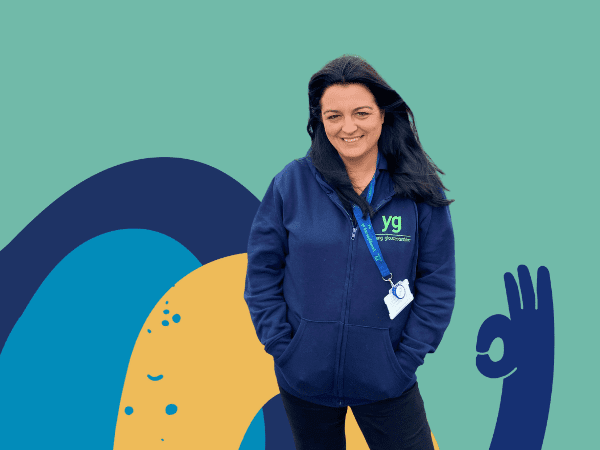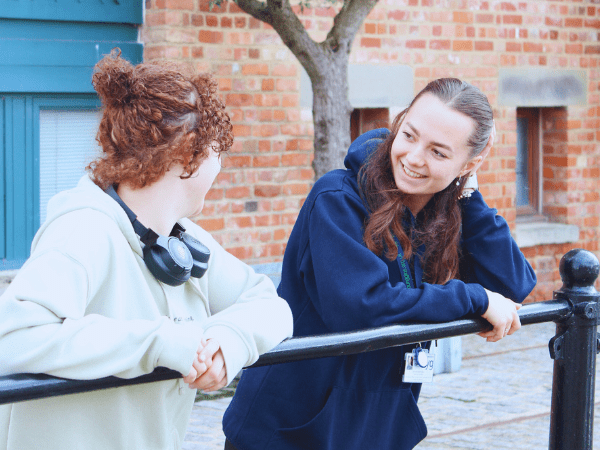
YG Working to Reduce School Absences.
BBC News recently reported that school absences remain above pre-Covid levels with “a quarter (25.1%) of pupils persistently absent last term, compared with 13.1% in the autumn term of 2019…The Association of School and College Leaders attributes many absences to high levels of pupil stress and anxiety, long waits for mental health treatment and “disengagement” with education as a result of the pandemic.”
Our Transition Chat programme works to address these types of issues by offering mentoring to Year 11 students whose plans have been impacted by the pandemic. Providing them with practical advice and support as they explore their options. Laura Drackett, Youth Worker on the Transition Chat programme talks to us about her on experiences of working with those young people who have disengaged from education and what YG is doing to help them take their next steps.
“The majority of young people I support have attendance issues related to their mental health following the pandemic. Young people faced huge isolation when schools were shut and many of them did not manage to complete the work that was set by their school providers. This may have been down to lack of support, lack of equipment/access needs, illness, family stress and crisis. By not managing to engage in the distance learning provision provided it has made their return to school even harder as they have fallen so far behind their peers, impacting not only their grades but also their self-esteem, confidence and social skills.
“When I’m working with a young person, rebuilding their confidence is at the heart of everything we do. It’s not all about academic skills and completing school work, we agree on small tasks, it might be something as simple as taking the dog for a walk or going to the supermarket with a parent or carer. Sometimes I take them to a coffee shop and encourage them to order their own drink so they can begin to rebuild their social skills. These tasks may seem simple to you or I but these can feel like huge steps to a young person who has totally disengaged. Sometimes it can take a few sessions before they are confident to complete these basic tasks before we can even start talking about their education options.
“Having a good working relationship with both the school or training provider, the parent and the young person is key to the success of us moving forward. My role is to help advocate for the young person and to help restore their faith in themselves and their abilities. Last year I worked with one young person in particular who lacked self-esteem, she had experienced bullying at school and following the pandemic no longer felt able to leave the family home. We worked together, overtime, building her confidence and exploring her skills and passions. Eventually she secured an interview for a placement with an engineering company. I helped her prepare and attended the interview with her, waiting outside, the look on her face when she came out of the interview and received the news that she had been successful was priceless.
“After a young person manages to reengage in education, we don’t just leave them there – we are able to continue to support them whilst they settle in. This is really important to ensure continuity of support for the young person and retention. Once I do close a case it is a satisfying feeling to know that you have helped a young person change their future and we often get messages of thanks from families thanking us for our time, patience and understanding. I think that really is the key to a successful relationship. To be able to listen without judgement, to be able to encourage while working at the pace of the young person and to be able to give time to address the underlying needs of the young person.”
You may also like...
The Story of an Arcus Family

Supporting Ukrainian Refugees

Understanding the ‘Hidden Victims of Crime’ Project

World Suicide Prevention Day 2024

